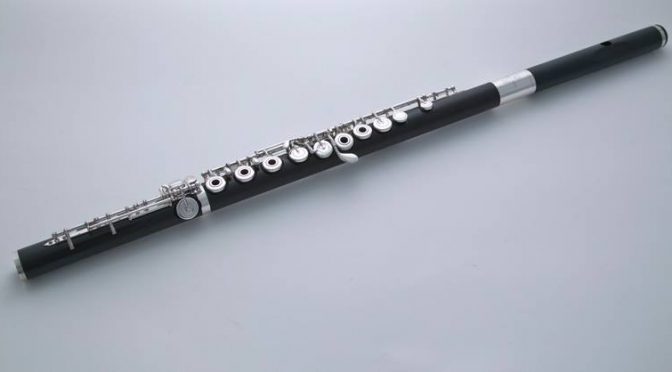Update December 2019: CITES regulations no longer apply to musical instruments.
In January 2017, new rules came into force regarding the wood used to make some musical instruments. We’ve put the following advice together which we recommend reading carefully as it may affect you and your instrument.
What’s happening?
From January 2nd 2017 new regulations were introduced concerning all forms of Dalbergia (rosewood), a genus of plants from which many woodwind instruments are made. This includes African Blackwood (Grenadilla), Cocobolo, Rosewoods/Palisander and all other woods from the Dalbergia genus.
Why?
Woods in the Dalbergia genus are used in many products, from furniture to car dashboards to umbrella handles. Illegal logging by less scrupulous individuals has resulted in rapid deforestation in some countries (mainly of palisander woods rather than grenadilla) . As a result, CITES (the Convention on International Trade in Endangered Species of Wild Fauna and Flora) introduced regulations, bringing the genus Dalbergia to Appendix II.
More information regarding CITES can be found at www.cites.org
What does this mean?
Appendix II status that any product containing these woods require certification. Manufacturers and suppliers will need to obtain permits to import and export instruments in and out of the EU. In the UK, this costs £59.00 each way – if you are based outside the EU and buying from us, the export licence will be added to your basket.
We will also need to keep precise records of wooden instruments we stock, and where it originates from. We have therefore updated our invoices to show this information.
Any instruments that are affected by the new regulations will be supplied by us with this style of invoice. Customers who have already purchased instruments from us can request copy invoices / documentation that shows this information if required.
What if I want to travel with my instrument?
Currently, it is our understanding that instruments weighing less than 10kg are exempt from these regulations if they are being shipped or carried for personal use. Instruments being shipped within your own country or within the EU can also be sent without documentation.
However, it might be beneficial to check with the relevant CITES Management Authority in the destination country to ensure no extra paperwork is required. CITES have a list of national contacts.
What happens next?
This is a developing situation, as the CITES regulation was only confirmed in October 2016, so what is written on this page is very likely to change. The music industry is still developing the administrative procedures needed to deal with these changes. We will be keeping this page updated as we learn more about the process. For further information, please contact your local CITES Management Authority.


Leave a Reply
You must be logged in to post a comment.